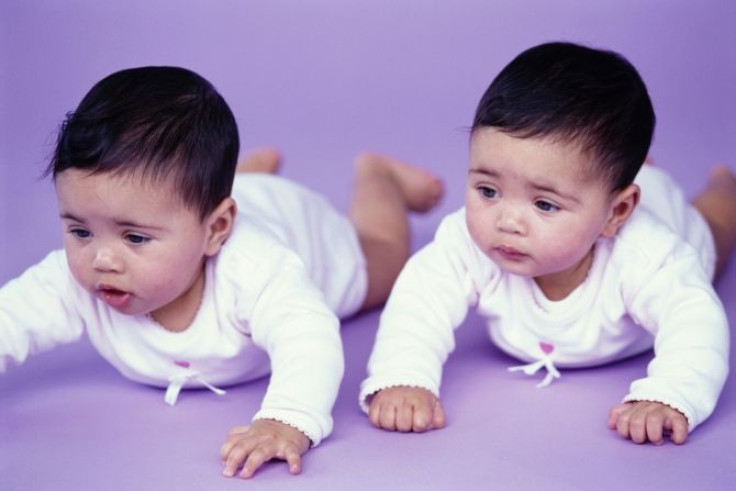Softening Agent in PVC Flooring May be a Health Hazard to Infants

A common PVC softening agent may be entering an infant’s body via contact. For infants, crawling around on the floor may increase the risk of allergies, asthma and other chronic diseases.
Phthalates are used to soften polyvinyl chloride, PVC, and can be found in a wide range of products, from product packaging to flooring but its use is slowly being phased out due to health concerns. Recent United States law banned children’s toys that contained more than 0.1 percent of certain phthalates while a review board was established to determine the safety of other phthalates.
Phthalates enter the body via ingestion or breathing in phthalates that are in the air. Over time, plastics harden and break down, releasing phthalates into the air which individuals may breathe in. According to the United States Center for Disease Control and Prevention, most Americans have trace amounts of multiple phthalates in their urine.
Previous studies involving rats have shown high levels of exposure to certain phthalates to cause hormonal changes and birth defects. In a study involving prenatal exposure to phthalates was associated with low birth weight in infants.
While previous studies have shown environmental exposure to phthalates via oral contact, such as a child putting a toy in their mouth or through breathing it in, this latest study shows phthalates can enter our body via skin contact.
The new study was led by Carl-Gustaf Bornehag from Karlstad University in Sweden. Researchers collected the urine samples of 83 children between the ages of two and six months and measured the levels of four different types of phthalates. The researchers also collected data on the flooring used at home, family lifestyle and independent factors for the infants.
Certain phthalate levels were increased in infants who had PVC material in their bedroom compared to children who did not have PVC material in their bedroom. Lower levels of the phthalate Bis (2-ethylhexyl) phthalate (DEHP) were found in two-month old children who were breastfed only with no supplements compared to other two-month old children.
While the phthalates DEHP and Benzylbutylphthalate (BBzP) are banned in the children’s toys, infants may be exposed to these phthalates in PVC flooring and in more ways than previously expected. The researchers believe the exposure to phthalates could increase the risk of allergies or chronic diseases like asthma.
Future research can study not only the effects of phthalates but also the different ways an individual may come into contact with phthalates in Europe as well as in America.
The study was published in Indoor Air.



























